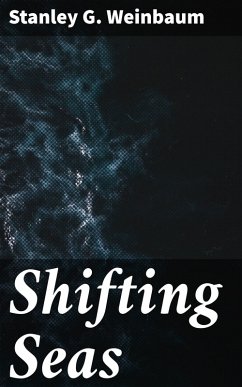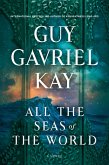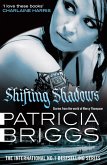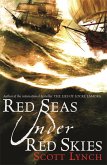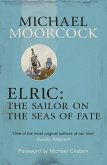In "Shifting Seas," Stanley G. Weinbaum presents a riveting exploration of human ambition and the environmental forces that challenge it. Set in a vividly imagined future, the narrative unfolds against the backdrop of a world grappling with the consequences of climate change and sea-level rise. Weinbaum's prose is marked by a keen emotional depth and rich descriptions, reflecting a broader literary trend in early science fiction that intertwines speculative elements with social commentary. The novel invites readers to contemplate not only the technological advancements but also the ethical dilemmas that arise as humanity attempts to adapt to an evolving landscape. Stanley G. Weinbaum, a pioneering figure in speculative fiction, was known for his acute understanding of both science and the human experience. Born in 1902, Weinbaum's brief but impactful career was fueled by his keen interest in science and a belief in its power to shape society. His writings often incorporate themes of resilience and innovation, influenced by the tumultuous times of the early 20th century, and "Shifting Seas" exemplifies his commitment to exploring the multifaceted relationships between humanity and the environment. Readers who appreciate thought-provoking narratives that not only entertain but also provoke introspection will find "Shifting Seas" an essential addition to their library. This book challenges us to engage with contemporary issues through a speculative lens, fostering a deeper understanding of our relationship with nature and the future of humanity in a rapidly changing world.
Dieser Download kann aus rechtlichen Gründen nur mit Rechnungsadresse in A, B, BG, CY, CZ, D, DK, EW, E, FIN, F, GR, H, IRL, I, LT, L, LR, M, NL, PL, P, R, S, SLO, SK ausgeliefert werden.

